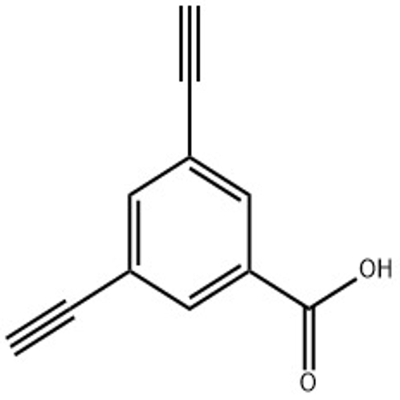-
Categories
-
Pharmaceutical Intermediates
-
Active Pharmaceutical Ingredients
-
Food Additives
- Industrial Coatings
- Agrochemicals
- Dyes and Pigments
- Surfactant
- Flavors and Fragrances
- Chemical Reagents
- Catalyst and Auxiliary
- Natural Products
- Inorganic Chemistry
-
Organic Chemistry
-
Biochemical Engineering
- Analytical Chemistry
-
Cosmetic Ingredient
- Water Treatment Chemical
-
Pharmaceutical Intermediates
Promotion
ECHEMI Mall
Wholesale
Weekly Price
Exhibition
News
-
Trade Service
3-Methylpyridazin-6-ylhydrazine, commonly referred to as MPH, is a type of hydrazine that is widely used in the chemical industry.
MPH is a colorless liquid with a strong, unpleasant odor.
It is highly soluble in water and is known for its toxicity and flammability.
MPH is commonly used as a reducing agent in chemical reactions and as a catalyst in the polymerization of various materials.
One of the most common uses for MPH in the chemical industry is as a reducing agent in the production of dyes and pigments.
In this process, MPH is used to reduce metal ions to their corresponding metal atoms, which can then be used to form complexes with dye precursors.
This process is known as "reduction metalation," and it is an important step in the production of a wide range of dyes and pigments.
MPH is also used as a catalyst in the polymerization of various materials, including resins, plastics, and synthetic fibers.
In this process, MPH helps to speed up the reaction between monomers, which are the building blocks of polymers, and initiators, which are chemicals that initiate the polymerization process.
By catalyzing this reaction, MPH helps to produce polymers with a more uniform structure and improved properties.
MPH is also used in the production of pharmaceuticals and agrochemicals.
It is used as an intermediate in the synthesis of certain drugs and as a reagent in chemical tests for detecting the presence of certain substances.
Additionally, MPH is used in the production of plant growth regulators, which are chemicals that can be used to control the growth and development of plants.
Despite its many useful applications, MPH is also known for its toxicity and potential for explosive reactivity.
Prolonged exposure to MPH can cause serious health problems, including respiratory and gastrointestinal issues, and skin irritation.
Additionally, MPH is highly flammable and can easily ignite in the presence of heat, sparks, or other sources of ignition.
Therefore, it is important to handle MPH with care and to take appropriate safety precautions when working with this chemical.
In conclusion, 3-Methylpyridazin-6-ylhydrazine, or MPH, is a versatile and important chemical in the







